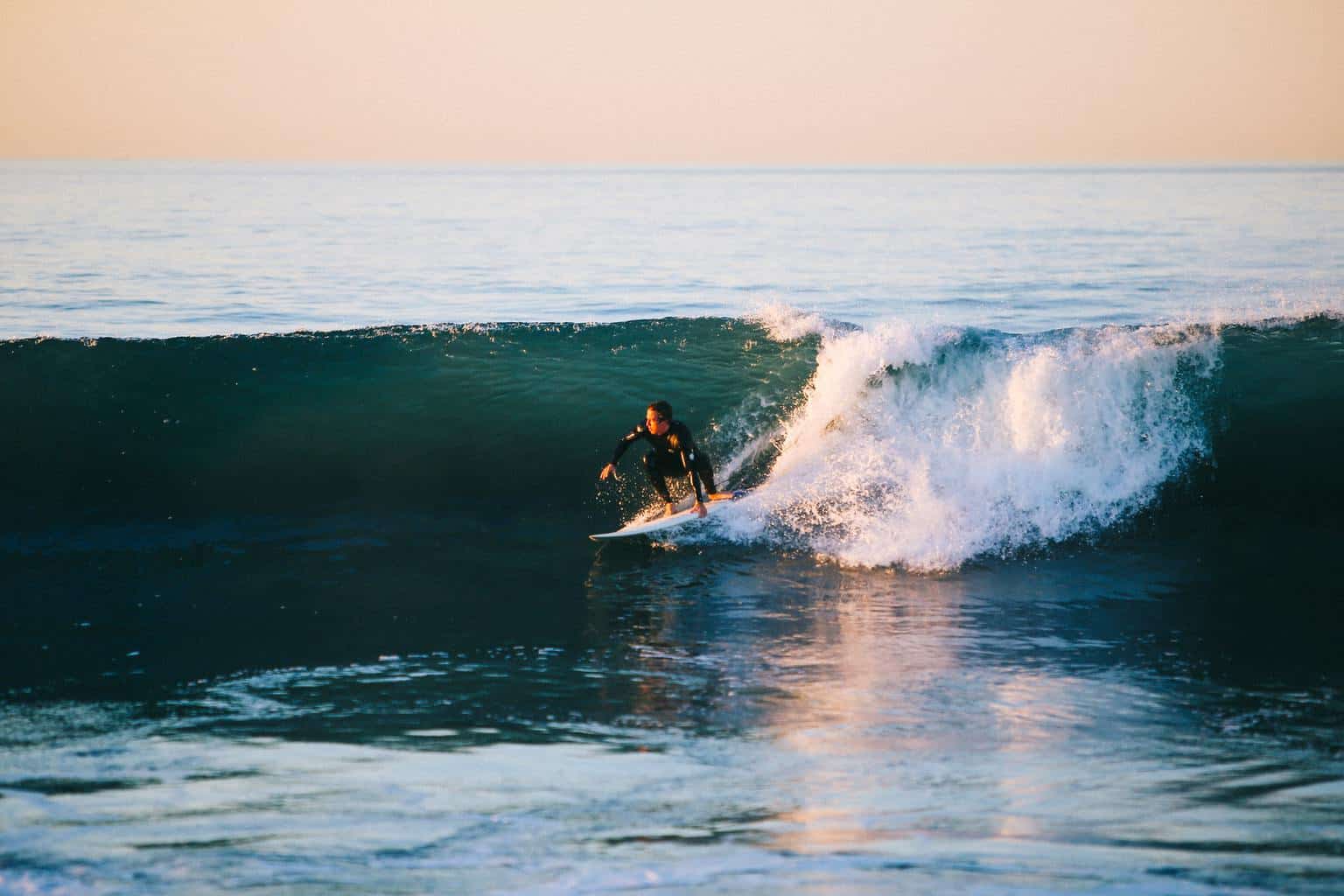Have you ever fantasized about what it must feel like to go surfing alone?
Out in the water, nothing but you and nature.
To some, surfing alone seems like a peaceful meditation where they can forget about the world and connect with themselves and the environment around them.
To others, surfing alone seems like a dangerous, anxiety-filled experience.
It is very possible to go surfing alone. Surfing alone comes with both its advantages and disadvantages, so it is important to know what you are getting yourself into before paddling out solo.
Below we will have a look at the pros and cons of surfing alone, who should be doing it, and how to get the most out of a solo surf session.
- Why Do Some Surfers Prefer to Surf Alone?
- What Are the Benefits of Surfing Alone?
- What Are the Downsides of Surfing Alone?
- Is Surfing Alone More Dangerous?
- Is It Safe for a Beginner Surfer to Go Out Alone?
- Is It Ok for Experienced Surfers to Go Out Alone?
- How to Make Surfing Alone as Safe & Fun as Possible (6 Practical Tips)
- Is Surfing With Strangers Considered Surfing Alone?
- Conclusion
- You Might Also Like…
Why Do Some Surfers Prefer to Surf Alone?
With approximately 35 million surfers in the world, it is common to find waves so cramped with people that you can hardly see the waves.
With surf tourism becoming more popular each year, those once “secret” spots are now the home of an increasing volume of surfers that do not follow local rules and practice unsafe methods.
To many surfers, it is not just riding the wave that makes the extreme sport so attractive, but it is the time between sets, where they can listen to the silence of nature and forget about the world’s problems.
Surfing alone can bring this feeling back, as with no crowds, there are more waves to choose from and the silence seems endless.
What Are the Benefits of Surfing Alone?
Surfing alone can be mesmerizing and comes with many benefits.
Not only does it have its own pros, but it completely changes the experience that the sport provides.
Every person that chooses to paddle out solo will have their own set of reasons, but some of the benefits of surfing alone include:
1. No Competition for Waves
Among the top reasons that incline surfers to go solo is the lack of competition.
As mentioned before, and as you have most likely experienced, there are more and more surfers in the water each year.
Being the only person in the water, or the only person at a particular section of the beach, will allow you to pick and choose which waves you take.
This means you can ride the best waves, stay on them for as long as you like, and let the lesser waves pass you by.
2. Create Space for Self Expression
Surfing can sometimes come across as a very judgemental sport.
When you watch people speeding down waves, performing perfect bottom turns, and kicking out to receive what seems like meters of air time, it can often make you hold back.
When you are in the water alone, there is no one around to judge you, and therefore you are less likely to judge yourself.
Feeling like you are free to express yourself allows you to try new things, and not be set back when they don’t work out the first time around.
It is in these moments that we have the biggest opportunities to gain new skills.
3. Connect With Nature
Spending time in nature has shown massive benefits to our health, but taking a moment to completely appreciate and contemplate life and the nature around you can be all the more beneficial.
When there is silence, our blood pressure drops, we become more focused and appreciate the smaller things around us.
Surfing alone, for this reason, can be similar to sitting quietly on the top of a mountain, or forest bathing in your local woods.
Without the distraction of others, surfing can make you feel more connected to the world than you have ever experienced before.
4. Reduce the Dangers of Other Surfers
The dangers of surfing alone fall under both the pros and cons.
As a benefit, when you are the only person in the water or the area, there is no chance for you to collide with another surfer.
A large number of surfing injuries come from collisions.
Locals also fall into the category when assessing if surfing is dangerous. Being in the water with territorial surfers is unpleasant at best.
They claim all the best waves and can be aggressive at times.
No locals mean that you will not be in danger of getting an unfriendly fist in the face because you are riding the wrong wave.
What Are the Downsides of Surfing Alone?
Although surfing alone seems like a tranquil experience with endless possibilities, there are some downsides to consider before hitting the waves with no one else in the area.
1. Nobody to Watch Your Back
One of the biggest reasons, and the reason so many people will not recommend surfing alone, is that there is no one to help you if anything goes wrong.
When in the ocean, you are no longer in control.
From hitting your head on your board and incurring a concussion, to experiencing dizziness and vertigo, anything can go wrong at a moment’s notice.
If there are other surfers in the water, you have the opportunity to ask for help, and in the case that you cannot ask for help, it is likely that they will assist you when it is noticed that you need it.
2. Harder to Push Your Limits
Practice makes perfect, but constantly pushing our limits can make us great.
Paddling out on a day when the waves are bigger than you have faced before, daring that strong rip current, or dropping in on a 12ft bomb for the first time can be daunting, but will quickly improve your surfing skills.
However, doing this alone without the encouragement of your friends cheering you on will likely lead to you being extra cautious, or perhaps not even trying to get past that big break in the first place.
3. Competition Makes Us Better
Competition boosts our motivation to be better. Watching a friend surf better than you can encourage you to work harder.
On the other hand, when there is constant competition for each wave, you will paddle harder, ride smoother, and get out to the back again as fast as possible.
Although the lack of competition in the water is what makes surfing solo such a catch for many people, the lack of competition could also hold you back.
Is Surfing Alone More Dangerous?
When looking at the dangers of surfing, it is clear to see that most of the risks do not come from other surfers.
Although many injuries are obtained from collisions, as well as facing territorial locals, the ocean is the real threat.
When facing large waves, rip currents, marine life, and personal exhaustion, having other people in the water is one way you can remain safer.
For this reason, surfing alone is far more dangerous than surfing with friends, or at the least, with other people in the water.
Is It Safe for a Beginner Surfer to Go Out Alone?
In short, you should never surf alone if you are not an experienced surfer.
When you are unfamiliar with the ocean and how to control your board, the sea can be a very dangerous place.
Although, there are times when you may not have a choice. Learning to surf can be hard when no one wants to learn with you, or if a surf coach is not available.
When Is the Best Time for a Beginner Surfer to Go Surfing Alone?
In the case that there is simply no one to go surfing with you, but you are dying to hit the waves, it is likely that nothing is going to hold you back.
Surfing solo as a beginner is not a good idea.
However, following these tips will help keep you a bit safer:
- Stay close to shore and surf the broken waves
- Only surf if there are swimmers or people on the beach that you can call for help
- Make sure to let someone know that you are going surfing
- Surf small and calm waves
- Surf in water with other surfers, but keep your distance
Never paddle out to the back alone if you are a beginner surfer.
These risks are not worth the rewards.
Is It Ok for Experienced Surfers to Go Out Alone?
If you are an experienced surfer who is fit and has a high confidence level in the ocean, it may be okay for you to paddle out alone.
This is, however, not a hard and fast rule. If you feel uncomfortable hitting the waves by yourself, then it is always best to wait for other surfers.
It is important to remember that no matter how many years you have been surfing, something can always go wrong.
In this case, confidence is important, but respect for the ocean should always be maintained.
How to Make Surfing Alone as Safe & Fun as Possible (6 Practical Tips)
The reason you are reading this is most likely because you are planning a solo surf session but want to know all the risks and safety precautions you should take before hitting the waves.
Surfing alone is a truly amazing experience, but there are some things you should always keep in mind to keep yourself safe.
1. Choose the right time of day
Surfing at dusk or dawn, although beautiful, increases your risks to sea life.
Alternatively, surfing at night is not something you should do alone.
Night surfing offers its own experience, so there is no need to put solo surfing and night surfing together.
If you are to surf alone, daylight hours will treat you best. Just be aware of the midday sun.
2. Choose the right weather
Surfing alone in the rain is not a great idea.
Besides the fact that sharks prefer to hunt in stirred up water, the rain will make you less visible to people on the beach.
Although there is no-one in the water with you, it is always helpful to have someone keep an eye out from shore.
3. Choose the right waves
Always surf in conditions that you are familiar with.
There is a time to push your limits, but this is not it.
Surfing alone should be a tranquil experience, not a time to push yourself.
4. Surf a break that you know
Never paddle out alone in a spot that you have not surfed before.
When surfing alone you should know the break well, which way the waves break, what the ocean floor is like, how the tides work, and how the sets shift along the beach.
The fewer surprises you have, the safer you will be.
5. Tell others where you are going
It is important to always let someone know that you are going surfing.
Moreover, it would be a good idea to ask a non-surfer friend to join you and hang out on the beach in case anything is to go wrong.
6. Bring along some music
Although listening to music while surfing with others can make the experience a little riskier, when surfing alone, you do not need to worry about other people.
Listening to music while surfing alone can help you relax and stay focused.
Not to mention the physical benefits of listening to music and exercise.
Is Surfing With Strangers Considered Surfing Alone?
If you are not quite ready to be the only one in the water, then you may consider leaving your friends behind and hitting the waves with complete strangers.
Although most will not consider surfing with strangers to be surfing alone, you can still reap some of the benefits.
Not having someone to talk to will mean there is more time for surfing and less time communicating.
It is also likely that because you are around strangers, you will distance yourself from them. This will create a greater sense of being alone.
Alternatively, you can keep a large distance from others in the water. For example, surfing further down the beach.
This, for the most part, will be identical to surfing alone as there is no competition around you and the world will seem quiet.
Conclusion
Surfing alone is something that all experienced surfers should at least consider at some stage.
Although it tends to be more dangerous than surfing in a crowded area, the benefits and experience are not comparable to surfing with friends.
If you choose to surf alone, you should always know the risks that are involved and follow the necessary safety measures.
Just keep in mind that you should never attempt to surf alone if you are new to surfing.
The time will come when you are ready, but as the sport is still new, there is no need to take the extra risk.
You Might Also Like…
-

Do Surfers Ride Switchfoot? 5 Benefits (& Why You Should Learn It)
-

Do Surfers Shave Their Legs? 5 Common Reasons (+Pros & Cons)
-

Do Surfers Wear Helmets? 8 Situations You Should Wear One (+4 Cons)
-

Do Surfers Poop in the Ocean? Myths & Facts (+5 Tips)
-
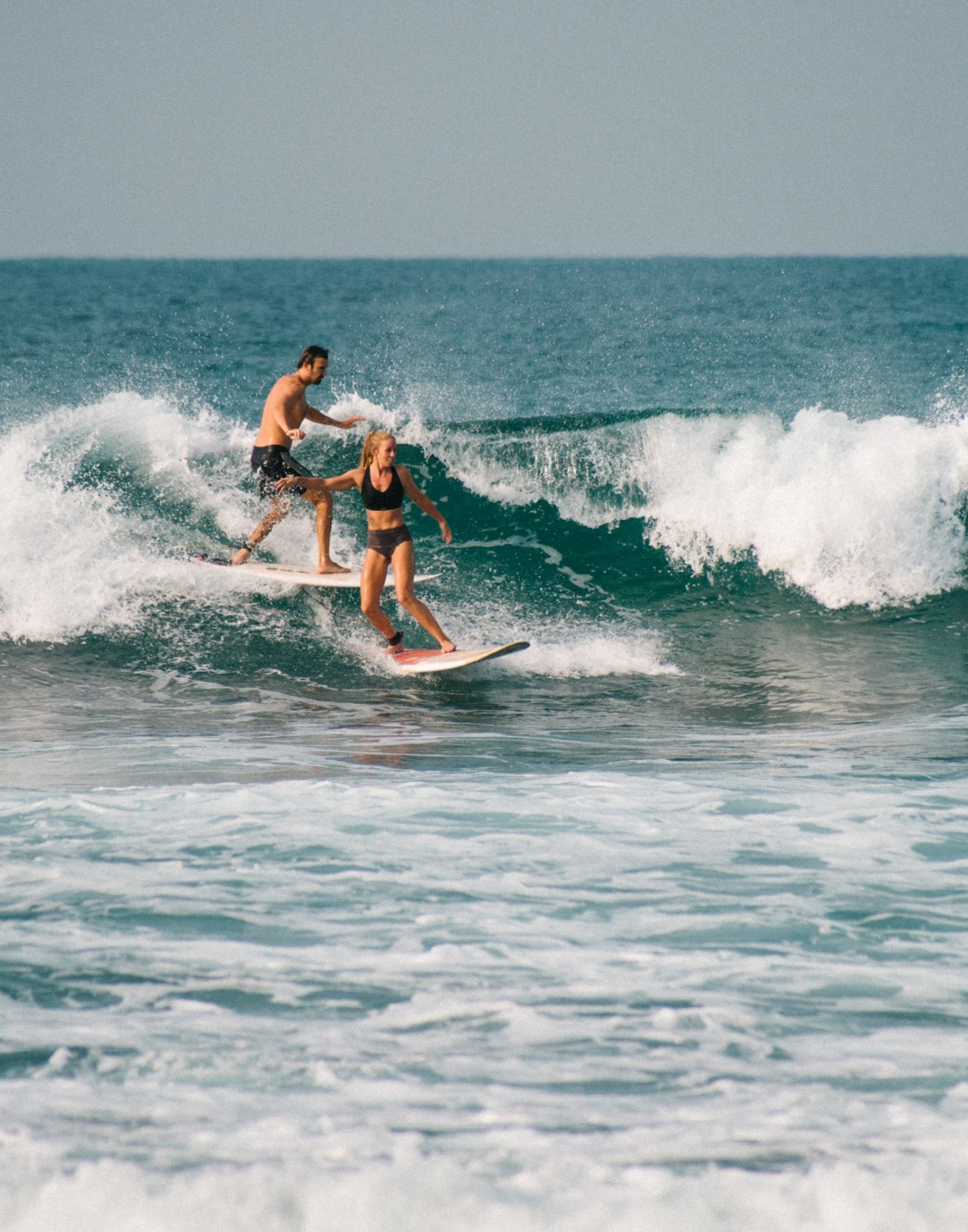
Do Surfers Run Into Each Other? 5 Common Reasons (+8 Tips)
-
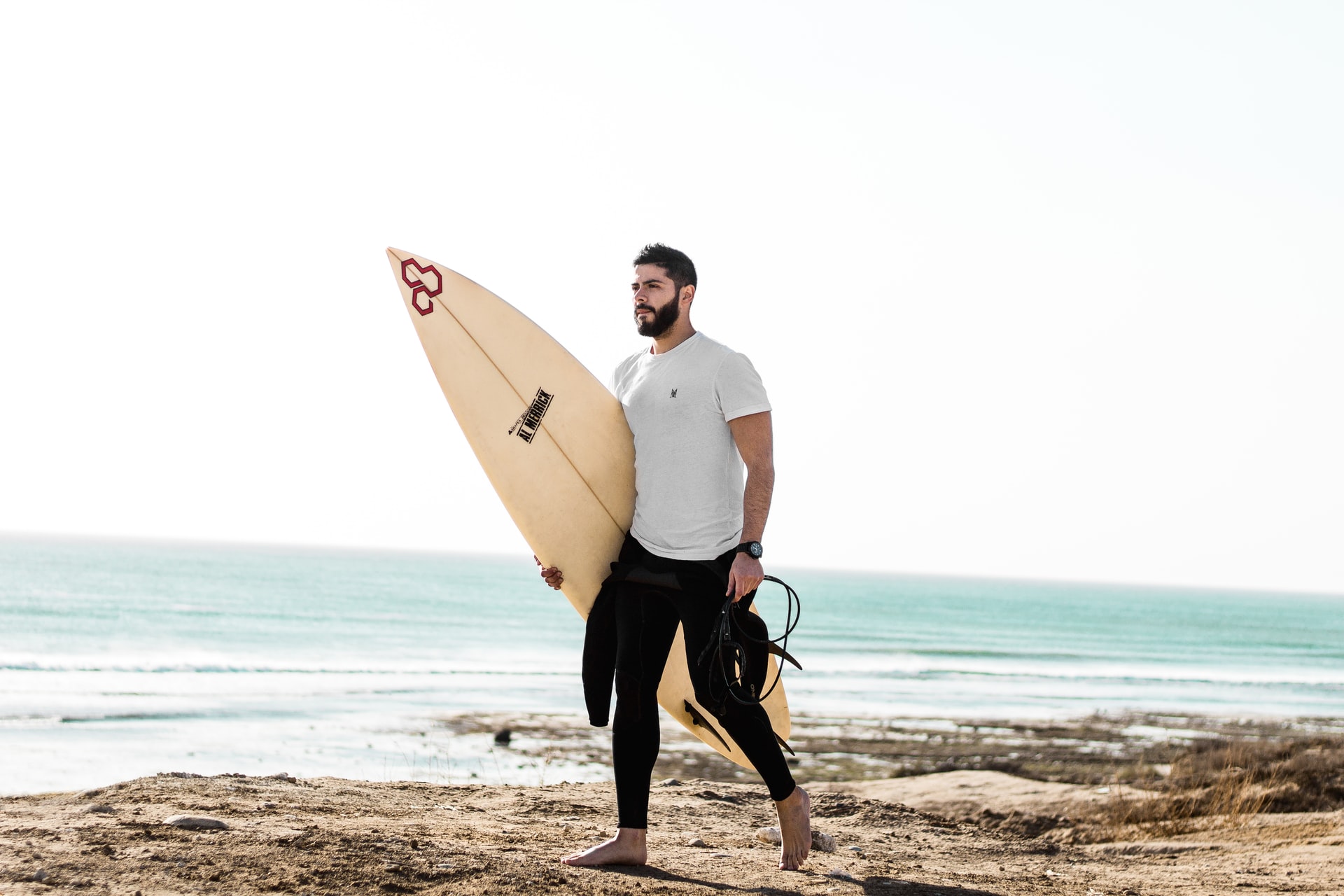
Do Surfers Have Beards? Pros & Cons You Should Know (+4 Tips)
-
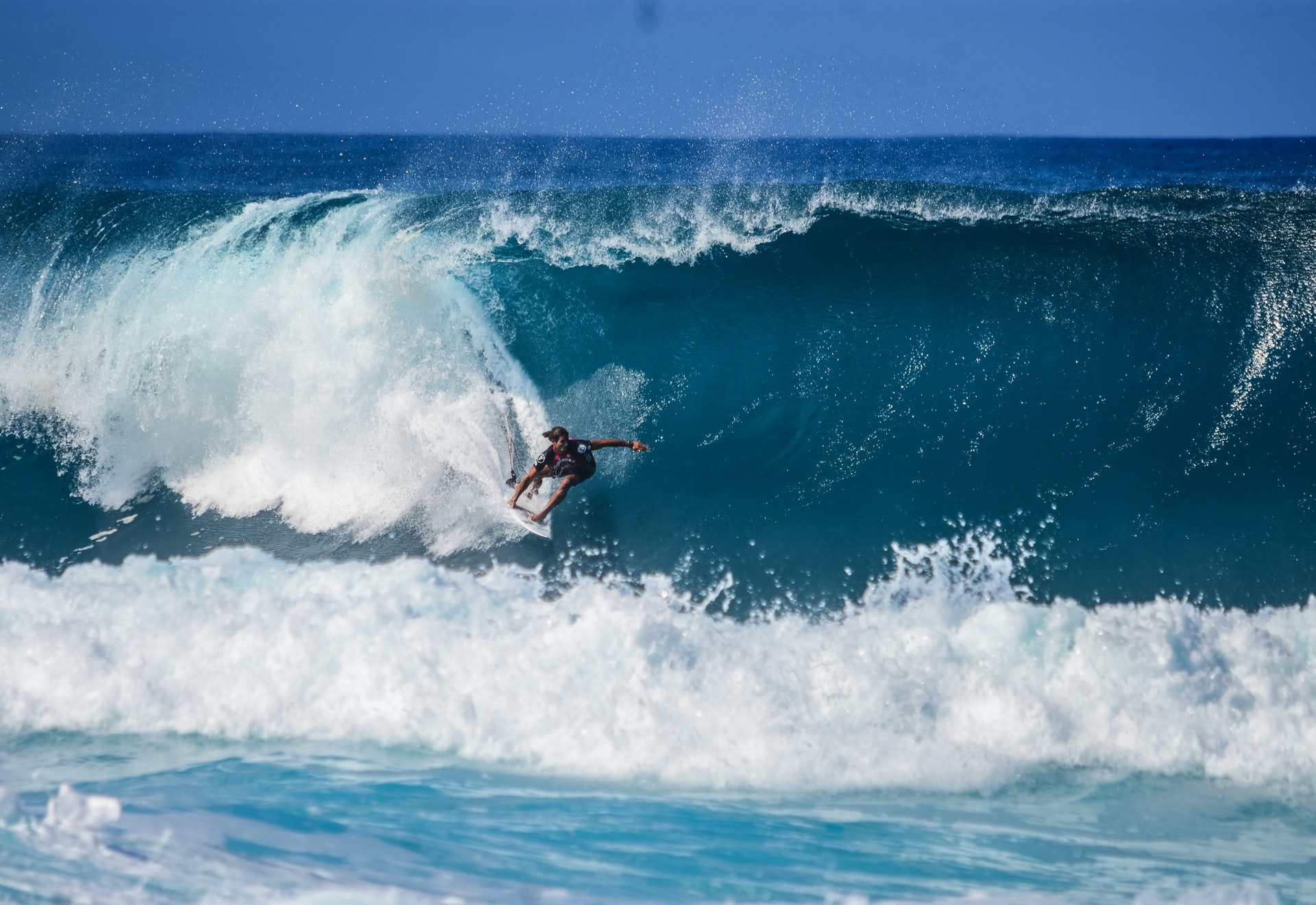
Do Surfers Like Constructive or Destructive Waves? (+Pros & Cons)
-
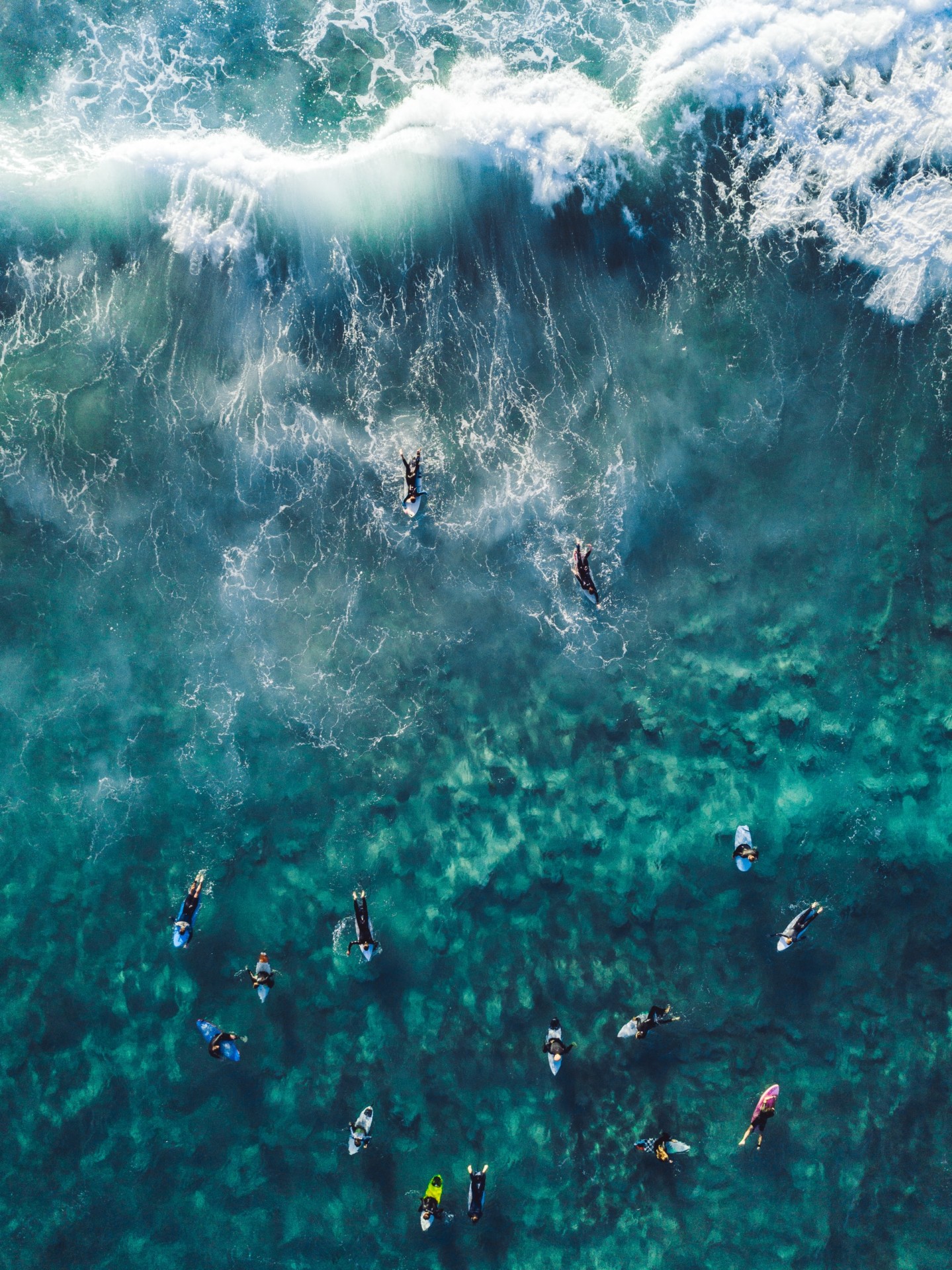
How to Surf Safely: 34 Crucial Tips (Every Surfer Should Know)
-
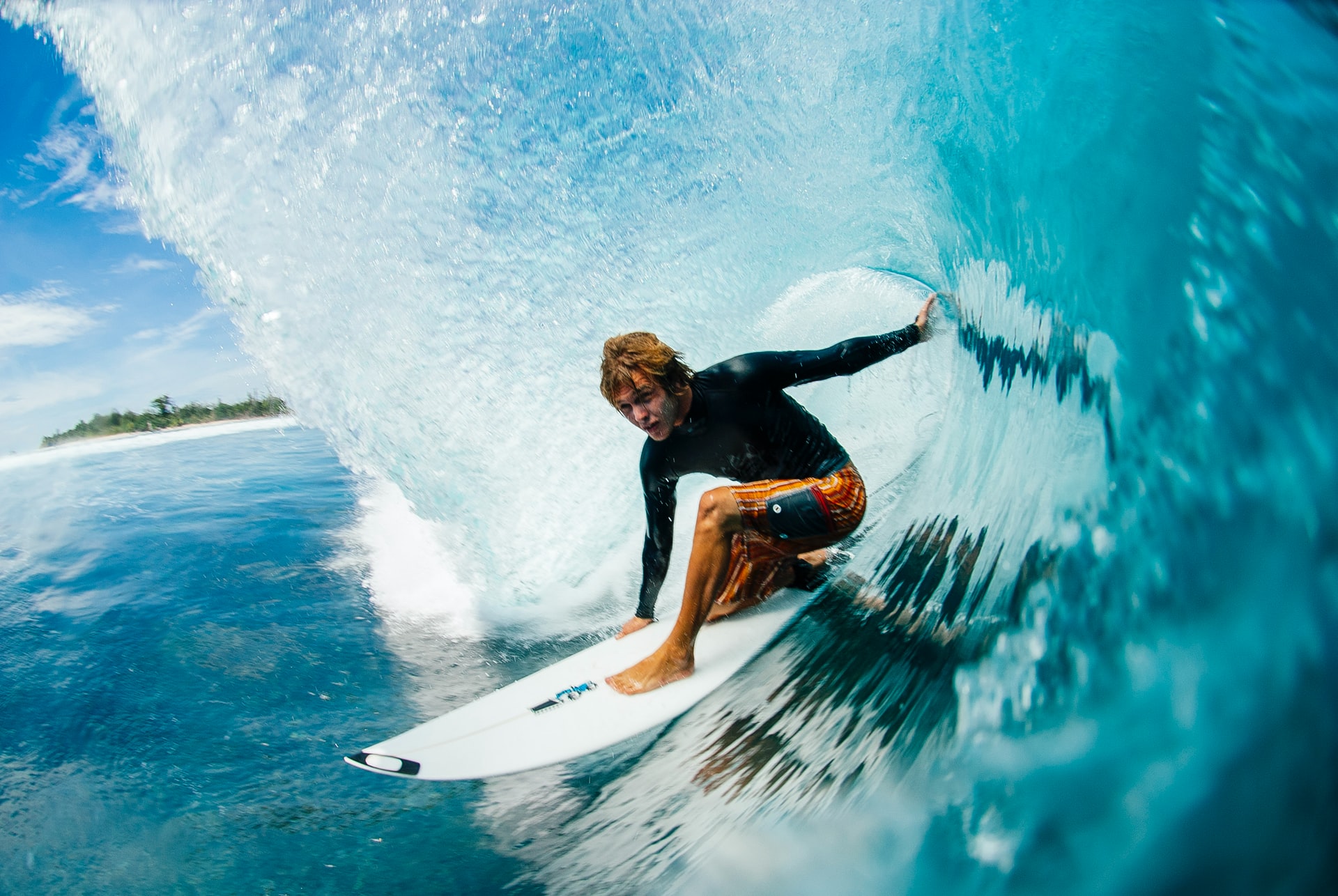
Do Pro Surfers Use Leashes? (+6 Reasons Why You Should Too)
-
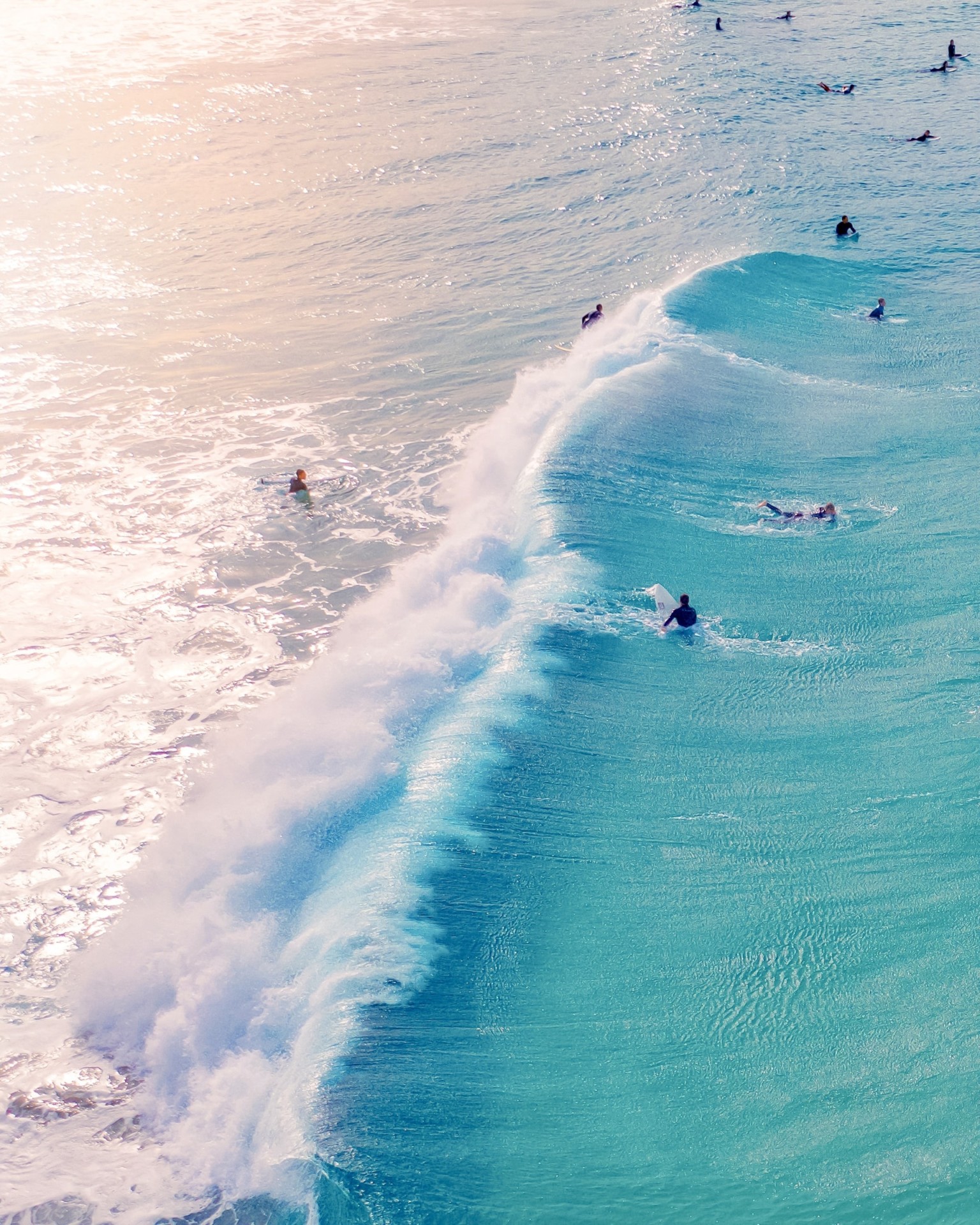
Do Many Surfers Drown? Here Are the Facts (+4 Common Reasons)
-
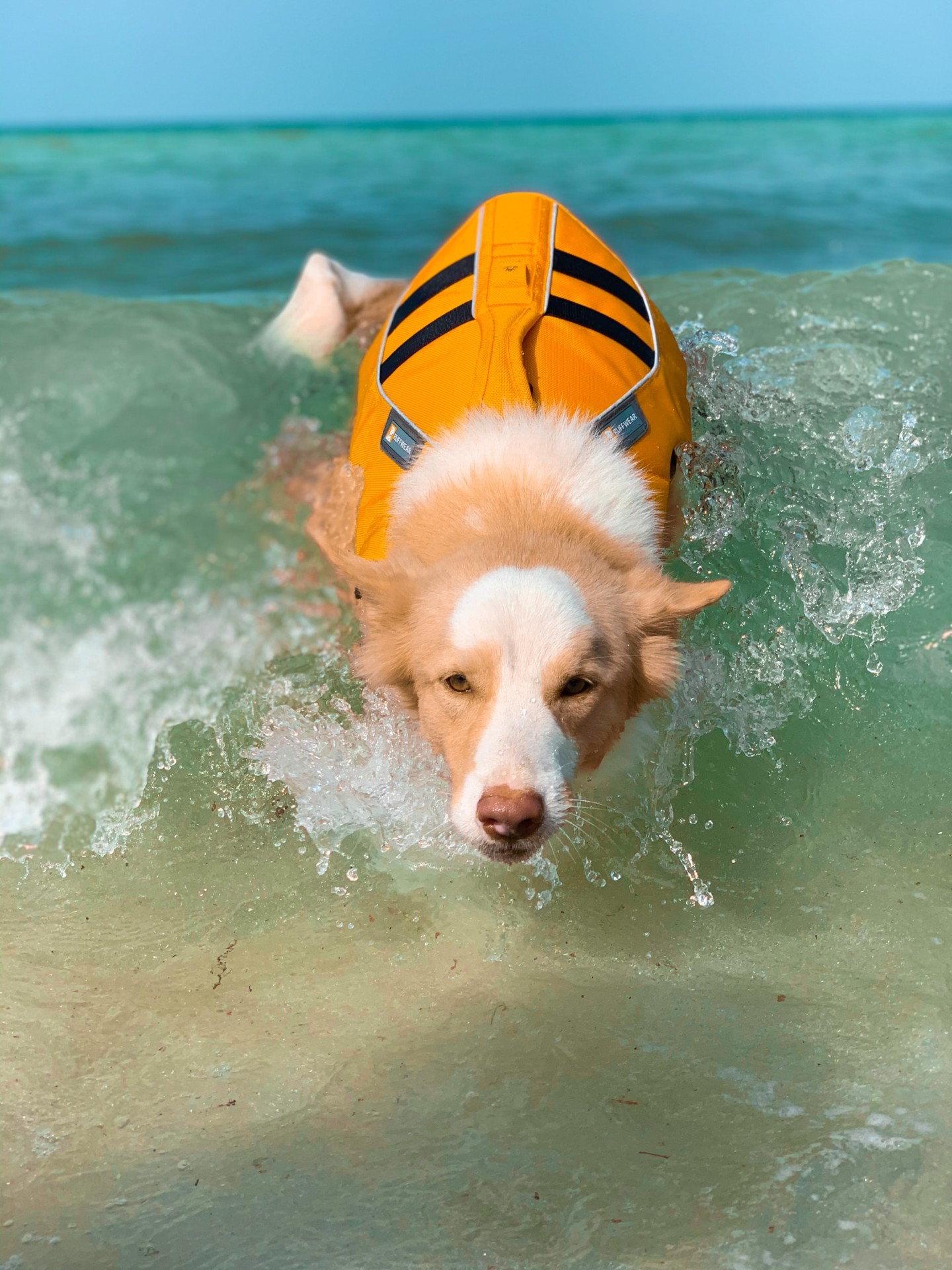
Do Surfers Wear Life Jackets? (7 Reasons Why They Don’t)
-
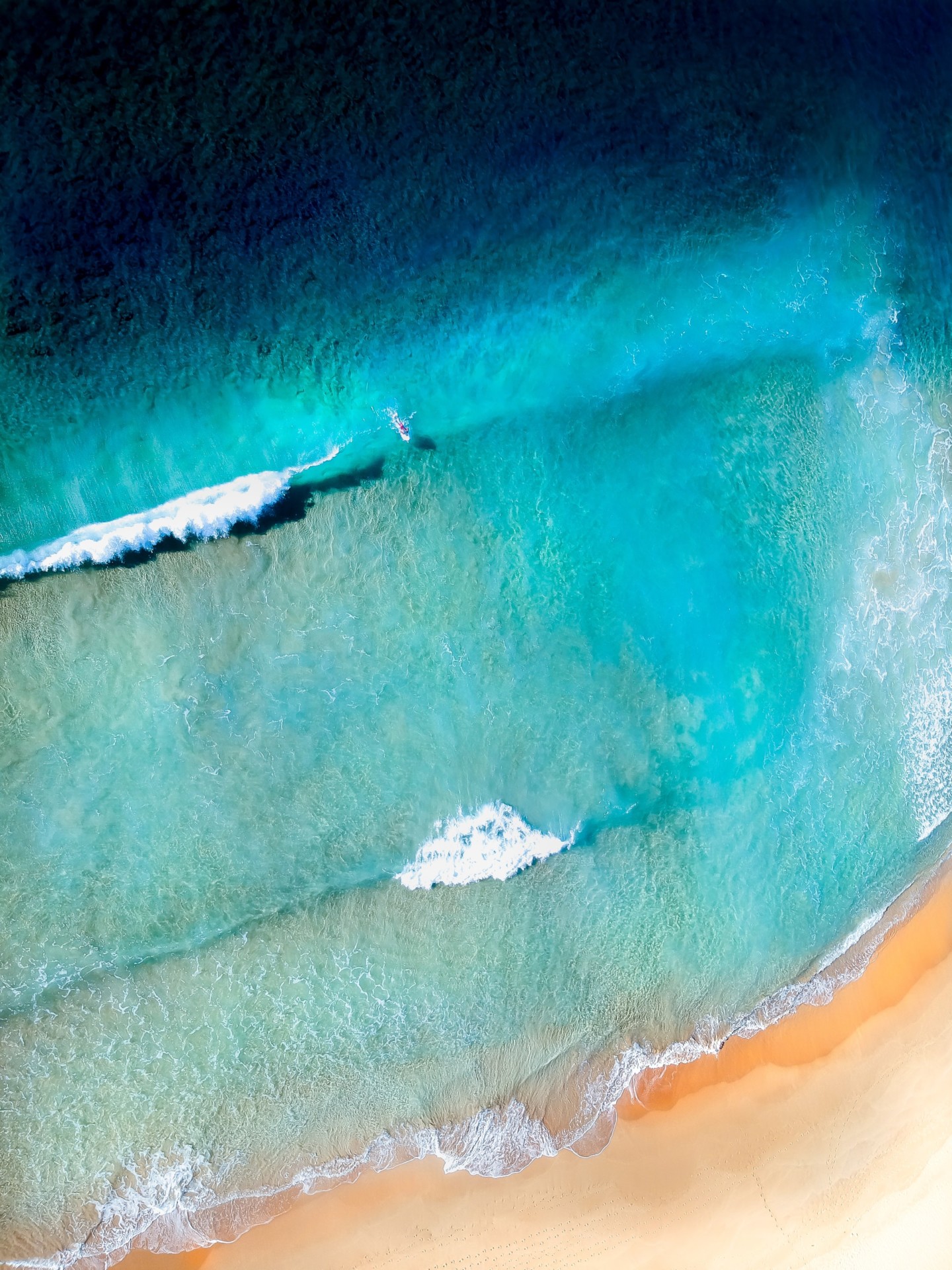
Do Surfers Like Rip Currents? (& How to Use Them Safely)

